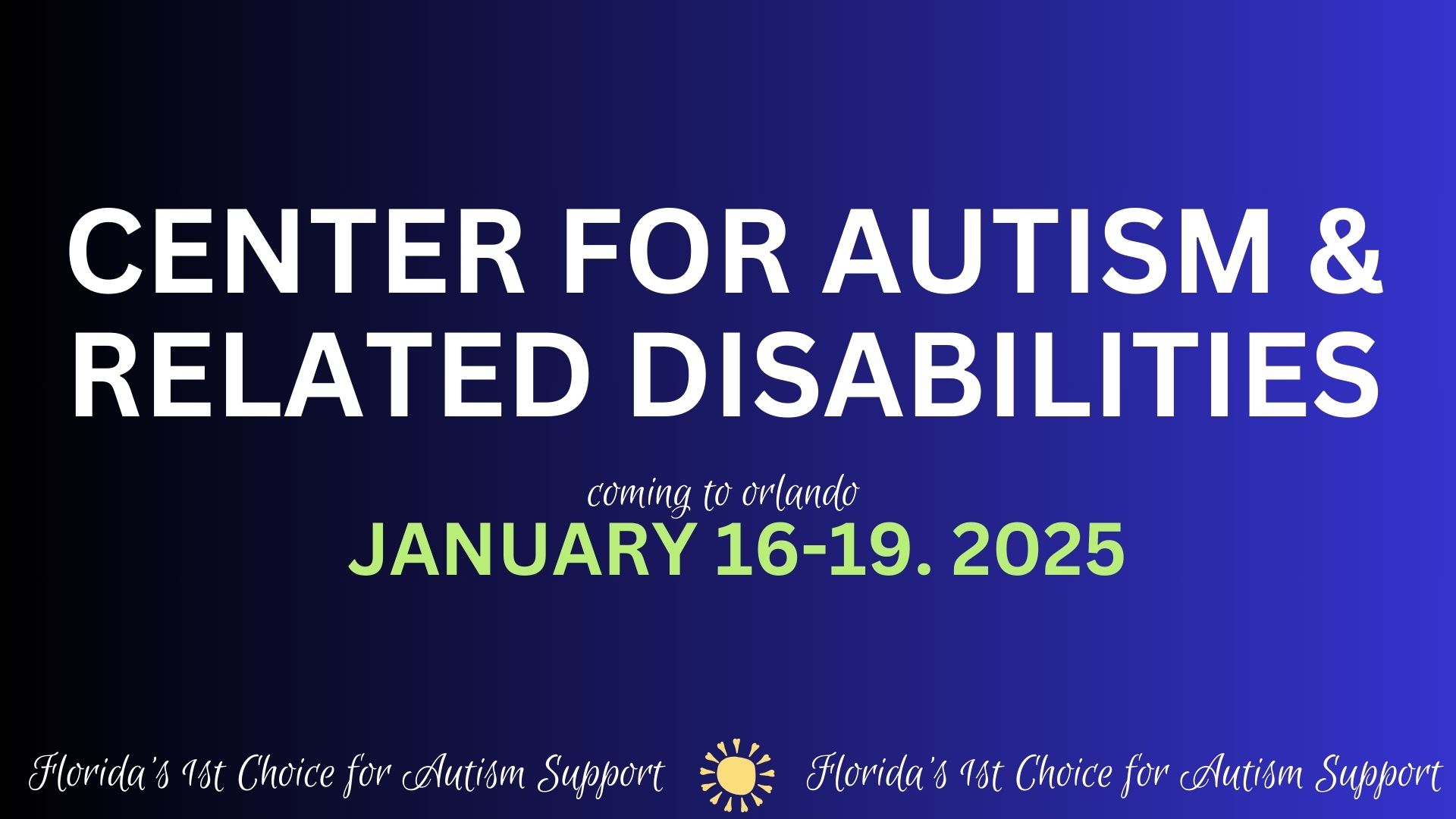
The 32nd Annual Statewide Center for Autism & Related Disabilities Conference website is under construction and will be live on or before August 2024. Currently, we are accepting Partner/Exhibitor sponsorship submissions. If you wish to be a 32nd Annual Statewide Partner/Exhibitor Sponsor, fill out the form below.
If you have any questions, please reach out to [email protected].
PARTNER/EXHIBITOR SPONSORSHIP SUBMISSION FORM